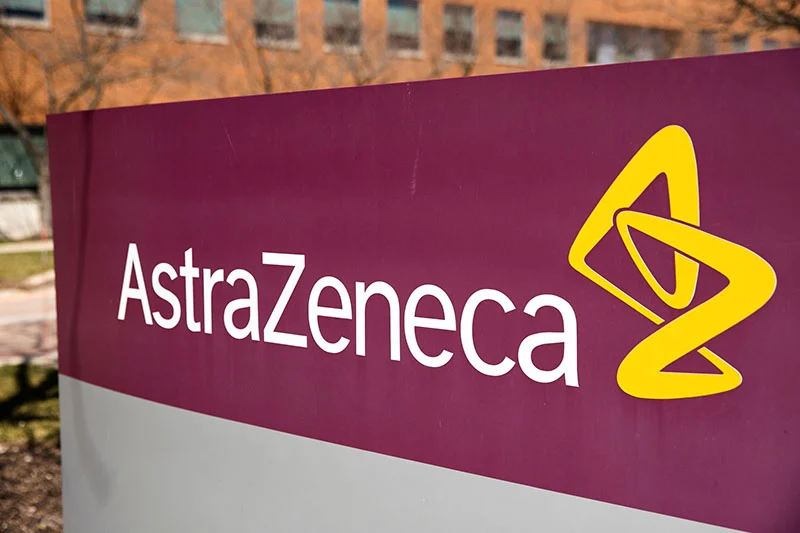
AstraZeneca’s Alexion Taps JCR Pharmaceuticals for Gene Therapy Capsids in Deal Worth Up to $825M
AstraZeneca’s rare disease unit, Alexion, is deepening its partnership with Japan-based JCR Pharmaceuticals through a new licensing deal that could be worth up to $825 million. The agreement, announced Tuesday, grants Alexion access to JCR’s proprietary JUST-AAV capsids for use in up to five of its gene therapy programs.
Under the terms of the deal, Alexion will pay JCR an undisclosed upfront fee, along with up to $225 million in research and development milestones. An additional $600 million could be paid based on commercial sales milestones. JCR is also entitled to receive tiered royalties on future product sales, though specific percentages were not disclosed.
Following the announcement, JCR’s shares surged 15% on the Tokyo Stock Exchange on Wednesday.
While the specific therapeutic areas targeted by the licensed capsids were not disclosed, Alexion’s pipeline includes a range of mid- to late-stage candidates for conditions such as myasthenia gravis and lupus nephritis.
This marks the third collaboration between Alexion and JCR. The two companies previously entered into agreements in March and December of 2023—one focused on neurodegenerative diseases and the other on the discovery of oligonucleotide therapies. Both prior deals leveraged JCR’s J-Brain Cargo technology, designed to deliver therapies across the blood-brain barrier. Financial details for those deals were not made public.
In a separate transaction last year, Alexion also agreed to pay Pfizer up to $1 billion in potential royalties for a set of rare disease assets, including novel gene therapy capsids, though target indications were not specified.
JCR’s JUST-AAV capsid platform includes a range of variants tailored for specific tissue targeting, including muscle-targeting, brain-targeting, and “liver-sparing” types. The latter is particularly notable amid growing industry concern over gene therapy-related liver toxicity. This issue has come under increased scrutiny following two reported patient deaths earlier this year linked to liver injury after receiving Sarepta Therapeutics’ Duchenne muscular dystrophy gene therapy, Elevidys.
With this latest agreement, Alexion aims to further diversify and strengthen its gene therapy capabilities while reinforcing a growing trend of major pharmaceutical players turning to specialized biotech platforms to enhance delivery technologies in rare disease treatment.





